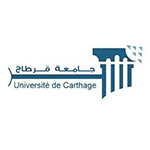Detailed introduction of the University of Carthage in Tunisia:
Introduction
The University of Carthage is a large public comprehensive university in Tunisia. It is located in the ancient Roman city of Amikar in Tunis. It offers a wide range of disciplines and professional courses, covering five disciplines: social sciences, engineering technology, physical sciences, life sciences, and arts and humanities.
Overview
Student-faculty scale: There are about 32,100 students and 3,265 faculty and staff, including about 240 international students from more than 20 different countries.
Degrees awarded: A large number of bachelor's, master's and doctoral degrees are awarded each year.
History and establishment time
The school was established in 1988 as the Third University of Law, Economics and Management of Tunisia. It was renamed the University of Carthage in 2011.
School strength
Teaching level: It is one of the top ten public universities in Tunisia. It has a high reputation and influence in the country. It has trained many outstanding professionals and made important contributions to the social and economic development of Tunisia.
Research Capacity: It has 2 research centers specializing in water, materials and agronomic sciences. Some institutions have performed well in chemical research. It was ranked fifth in the Tunisian Nature Index in 2018-2019. It actively carries out scientific research activities and has achieved certain research results.
International Cooperation: It has signed more than 150 conventions and memorandums of understanding with leading African and international institutions from five continents, providing students and teachers with opportunities for international exchanges and cooperative research.
Nature of institutions
Public university.
Educational philosophy
It is believed that we live in a very diverse world, and this diversity must be reflected in the classroom and campus. It advocates that in the training of future graduates, in addition to professional and technical training, it should also extend to various cultural aspects of the society in which they will practice in the future. It relies on the environment of a diversified modern classroom to ensure the success of this cultural training, so it is open and welcoming to international students.
Key laboratories and disciplines
Key disciplines: Its Higher School of Communication Engineering, Carthage Higher School of Business Studies, Law School, and Tunis Polytechnic Institute are all highly respected. In addition, computer science, communication engineering, electrical engineering, chemistry and other majors are also relatively outstanding. In the 2022-2023 US News ranking, the school's chemistry ranked 959, computer science ranked 556, and electrical engineering ranked 427.
Research platform: It has 2 research centers specializing in water, materials and agricultural sciences and other research platforms.
Faculty
It consists of 38 higher education and research institutions distributed in five provinces, including 12 engineering colleges and 21 higher research institutes. Some colleges are as follows:
Tunisian Academy of Justice, Politics and Social Sciences: It offers professional courses in law, political science, sociology, etc.
Bizet Institute of Science: It covers basic subjects such as mathematics, physics, chemistry, and biology.
Nabeul School of Economic Sciences and Management: It mainly teaches knowledge in economics, management and other subjects.
Ranking
QS ranking: The specific ranking of the school in the QS ranking has not yet been found.
THE ranking: 1501+ in the Times Higher Education World University Rankings 2025.
US News ranking: 1216th in the 2022-2023 US News Global University Rankings, 50th in the Best Global Universities in Africa, and 3rd in the Best Global Universities in Tunisia.
Fees
The school has not yet found clear tuition and various fee standards, but Tunisian public universities are usually relatively low for domestic students, and international students are relatively higher.
Campus environment
Campus distribution: There are six campuses, distributed in five provinces including Tunis, Ariana, Nabeul, Bizet, and Zagwan, providing students with a diverse learning and living environment.
Facilities and atmosphere: Each campus has modern teaching facilities, including teaching buildings, libraries, laboratories, gymnasiums, etc. The campus culture is rich and diverse, focusing on the all-round development of students and the cultivation of comprehensive qualities, providing students with good learning and living conditions.
-
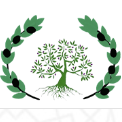
Ez-zitouna University
-

University of Sfax
-
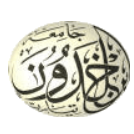
Ibn Khaldoun University
-
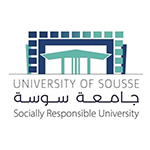
Sousse University
-
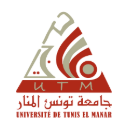
Tunis el Manar University
-
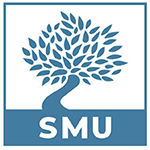
Mediterranean School of Business
-
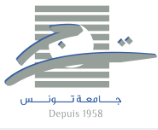
Tunis University
-

International University of Tunis
-
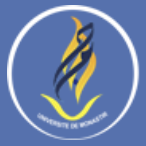
Monastir University
-
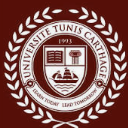
Tunis Carthage University
-

Mesoamerican University
-

Istmo University
-

Mariano Galvez University of Guatemala
-

Regional University of Guatemala
-

Galileo University
-

Francisco Marroquín University
-

Rafael Landívar University
-

University of the Valley of Guatemala
-

University of San Carlos of Guatemala
-

Technological Institute of Tlaxcala Plateau
-

Golfo University
-

Technological University of South Sonora
-

Technological University of Huejotzingo
-

Tizimín Institute of Technology
-

Chilpancingo Institute of Technology

